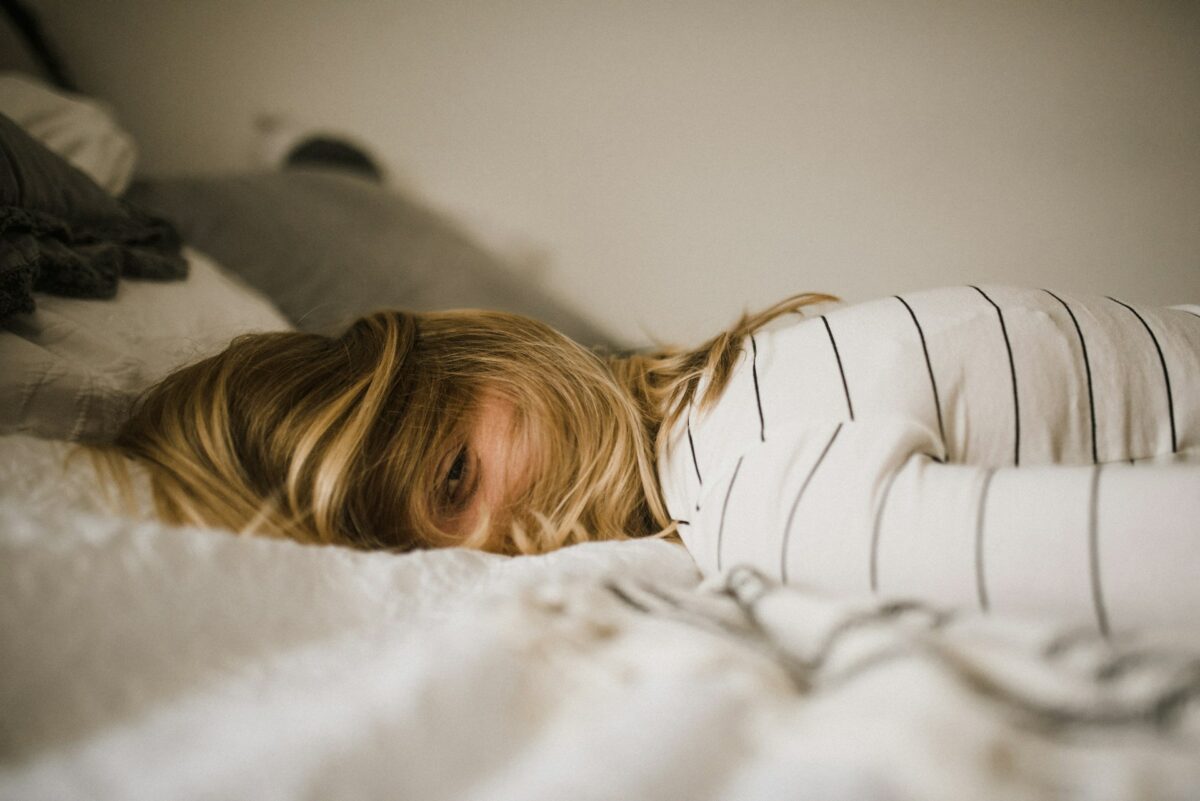Sleeping and eating—two activities that most people love. It’s common knowledge that eating correctly and getting enough sleep is a must to maintain one’s healthy body. However, something that’s often overlooked by many is the intricate relationship between sleeping and eating.
If you don’t get enough sleep, your appetite and choices in food can be significantly affected. When this happens, it can result in overeating and poor choices in food, such as junk food.
On the other hand, overeating can also affect sleep, especially if you eat large amounts of food in one meal or if you overeat spicy food before bed. Since the food doesn’t go out of our systems immediately, it can interfere with our sleep through indigestion. Aside from that, you can also get heartburn.
Unfortunately, the relationship between sleep and food is very complicated and just starting to be studied. It can be rather challenging to understand, but we’ve listed what we know from the current research available. Read on below to learn more.
Can Lack of Sleep Cause Overeating?
As stated earlier, lack of sleep does indeed cause overeating, but there’s a lot more to it than that.
Sleep deprivation is usually associated with disruptions to average hormone production. Sleep plays an essential role in regulating the body’s hormonal levels, including ghrelin and leptin. These two hormones are associated with our hunger and appetite, respectively.
A significant lack of sleep produces more ghrelin, while leptin is decreased in the process. When this happens, we experience increased hunger and appetite. In turn, overeating is more likely to occur because there are more opportunities for eating when we’re awake. What’s worse is that the kind of food eaten in this state is usually unhealthy, contributing to weight gain.
When you gain weight, you’re susceptible to sleep apnea, a disorder that interrupts your sleep. If all the above happens, it becomes a vicious cycle of poor sleep and overeating.
Can Overeating Affect Sleep?
Overeating can affect your sleep in profoundly negative ways. After a meal, especially a big one, the body must dedicate energy to digest the food you just ate. This process takes several hours. However, digestion is slowed down whenever we sleep, which forces your body’s normal sleep process to clash with the digestive process.
Additionally, the effects of overeating while asleep are noted in some types of food after eating them. An example would be meals with low fibre or high amounts of sugar—these kinds of food cause sleep interruptions in many people. The same happens with refined carbohydrates, which are processed by your body into glucose (blood sugar) almost immediately.
Overeating can also cause overall physical discomfort, which can be detrimental to proper sleep. It makes you feel too full, which is already a problem on its own. Aside from that, acid reflux can also be induced. Certain types of food, when eaten in significant portions, can also increase body temperature, which can be a problem because the body needs to cool down to initiate and maintain sleep.
Sleeping Well after Overeating
The good thing is that you can still sleep well after overeating. Below are some ways that can help you achieve a restful sleep:
- Wait at least 3 to 4 hours before going to bed so that your body can digest what you ate.
- Drink water, maintaining good hydration helps with digestions.
- Avoid alcohol and caffeine because these interfere with sleep.
- Try light physical activities, such as walking after a meal. This helps with the digestion process.
Additionally, you can prevent heartburn as you sleep as well. You can either elevate your head by six inches with the help of a big pillow or lie down on your left side.
Conclusion
It’s best not to overeat, not just before sleeping, but in general. There is a link between sleep and food that could go bad if we eat too much, which is why we should do so in moderation. Fuel your body with nutrient dense food and ensure your portions are not being dictated by poor sleeping habits.
Sleep Better Live Better is an insomnia clinic, sleep apnea clinic, and poor sleep clinic that believes everyone deserves a good sleep. If you’re having sleeping problems, we can help treat and guide you every step of the way. Contact us today for a consultation!





